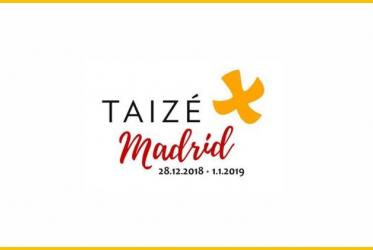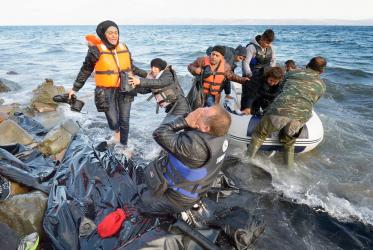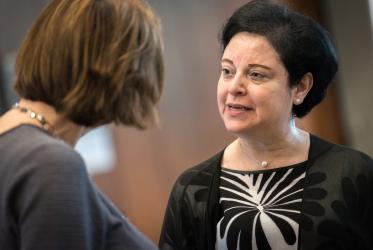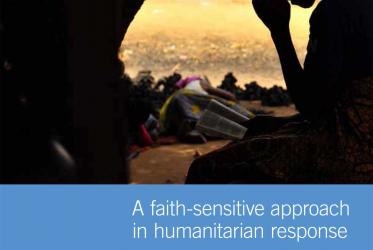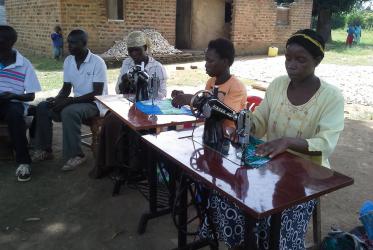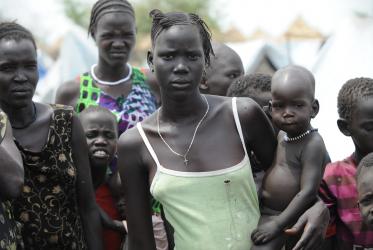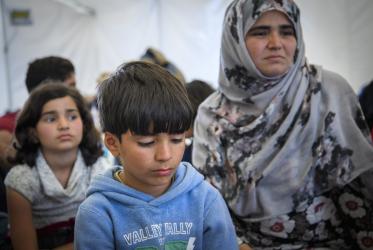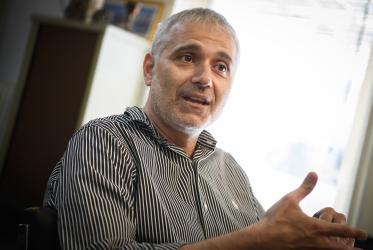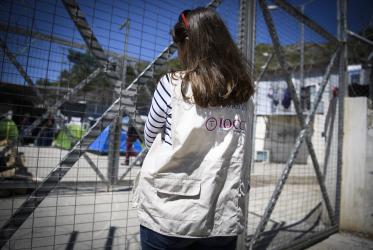Displaying 21 - 40 of 66
27 December 2018
Fr Alexi - a peacemaker in Syria
21 December 2018
How can you help refugees?
11 October 2018
Not just numbers, displaced people need to share their stories
01 February 2018
G20 summit: call to pray for peace in Hamburg
07 July 2017
In Lebanon, refugees face hardship - but find hope
16 March 2017
